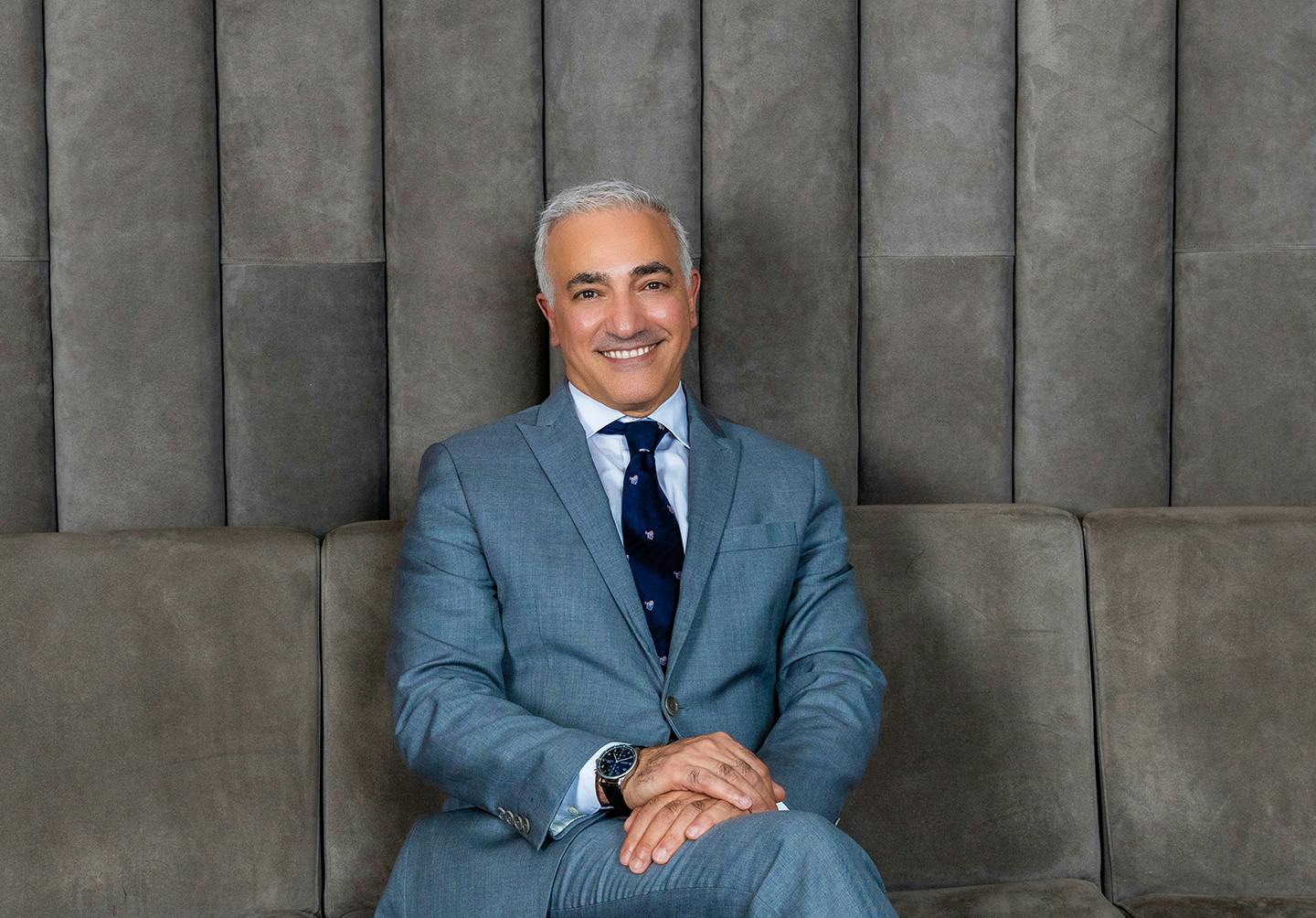If your breasts are beginning to feel hard or uncomfortable after breast implants, you may have what is called capsular contracture. Dr. Alizadeh is a specialist in breast surgeries, and he will help you resolve this situation quickly and effectively with capsular contracture treatment in New York City at his private practice.
What is capsular contracture?
Capsular contracture is a complication that can arise after getting breast implants. When breast implants are inserted, the tissue that naturally forms around them (the body forms tissue around any foreign object that is inside of it) is called the capsule. When this tissue becomes infected, it begins to thicken and tighten, and it contracts, or squeezes, the breast implants. This causes breast pain and firmness.




